|
Terrence Malick In conversation with Joseph Gelmis Recorded circa. 1974 Newsday film critic Joseph Gelmis planned to write an interview piece to follow his review of Terrence Malick’s Badlands, which was published in Newsday on March 25, 1974, but that never happened, and this material is presented here for the first time. (The film is also mentioned in Gelmis’ overview of the 1973 New York Film Festival [September 13, 1973]: “The advance word from those who’ve seen it is that Malick’s study of loneliness and suppressed rage in a South Dakota hamlet in the 1950s is powerful stuff.”) Questions and comments from Gelmis, who was sometimes too far from the tape recorder to be audible, have been edited for clarity. Malick’s contributions are, as much as possible, given technical limitations of the recording, verbatim. A female voice (D) can be heard throughout. This is Deborah Dobski, who married Gelmis in 1973, and between 1972 and 1979 was an assistant professor in the film department of Columbia University’s Graduate School of the Arts. The recording suggests that the three are in a hotel room – probably Malick’s, who at one point orders room service on the phone. This archival material is important, not least because the number of published interviews with the intensely private Malick about Badlands can be counted on one hand – and he hasn’t spoken much publicly since then. (Malick, moreover, appears to have embargoed transcripts of his AFI seminars, some of which detail the production of Badlands.) Friendly, voluble, polite, laughing throughout, clearly at ease in Gelmis and Dobski’s company, Malick sheds light on many things in this 15,000-word transcript, which may be the most forthcoming interview we will ever get from him. He talks about the tensions that creative freedoms offer, the production intricacies of Badlands, being part of a new wave of Hollywood filmmakers, his discomfort at talking about his own films, his time at the American Film Institute, and his admiration for Elia Kazan’s America America and Walker Percy’s novel The Moviegoer. We’re lucky to have this valuable material. Gelmis (on contract to Newsday when he conducted this conversation) retained very few of his interview recordings from this period, generally re-using his tapes after pulling what he needed from them. He offers this document (transcribed by Paul Cronin, 9/22) strictly for non-commercial use. [CLICK On the file below for the full transcript]
0 Comments
An Interview with a Young Woman About Her Life as an African Italian and Her Heritage
by Fabio Soncin Marie is a 25-year-old girl with a passion for shapeshifting: sometimes she covers her natural short afro hair with a colourful headscarf, sometimes she applies long braids she wears in different ways. She loves wearing old-school jeans and simple t-shirts and in the last few years she started exploring African fashion by wearing colourful shirts with typical African patterns. Not only is she capable of using different styles, but she also manages to change her attitude towards people in order to adjust to any kind of social situation. Diamond Dogs was an album I first heard, I think via Ashley Rose, one of those guardian angels of music who come into your life and show you what you should be listening to. He was never snobbish and had the broadest as well as the deepest taste of anyone I've ever known. He was very into Bowie. Diamond Dogs is the White Album to Ziggy Stardust's Sgt. Pepper. A concept album that lost its concept; a soundtrack for a musical not made. It froths with George Orwell cut up with William S. Burroughs, riven through with a Queerness and ambivalence. The original idea was to make a musical of 1984 which gave the album its disco-driven song of that title, as well as Big Brother - that booming bass slide is my favourite moment in the whole album - and We Are the Dead. But the opening sets up an altogether less austere and more grimy dystopia. There's some Huxley in here as well. The Sweet Thing Suite is the closest rock opera ever got to being good. It's amazing stuff, with Bowie displaying his full range as a vocalist. The more cod rock n roll comes as a genuine relief. At last something clear and straightforward, but then is it? Rebel Rebel is a call to arms but also an ironic undercutting of rebellion that so quickly becomes consumerism. And that circular riff. Where are we actually going? The irony is even heavier in the title track of the album, with its almost parodic cowbell (Christopher Walken can be heard saying 'I need that cowbell baby') and its preceding declaration: 'This ain't Rock n Roll, this is genocide!' I read a comment that this is the Bowiest of Bowie albums and it certainly sits centrally to my personal discovery of Bowie. I went from Diamond Dogs back to Ziggy and forward to Station to Station and then filling in all the gaps in-between. It also meant that I was fully primed when Bowie had a resurgence in the 90s with Outside, an album which felt almost miraculous considering how many had given him up for dead. In the age of Spotify and streaming, it's good to sit down and reclaim these albums one at a time if necessary. I tend to read a lot. At least a hundred books a year. I sometimes worry that this quantity of reading is beginning to water down the actual experience of reading. But I tend to overthink things so I shouldn’t worry too much. Also, from a habit born of study I tend to read according to some kind of unofficial syllabus. I hit a topic or an author and go through them as thoroughly as I can or until I hit something else and head off in another direction. One last thing to consider going into this is I’ve now become thoroughly addicted to audio books via Audible (this is not a promotional post). This has a tendency to swerve me towards books which have good narrators, especially memoirs. It also affords me the opportunity to ‘reread’ books, something I usually do only rarely.
My 8th Cannes Film Festival was a blast. Met up with some great friends - now old friends I guess - saw a slate of phenomenal movies, interviewed some interesting artists and wrote a lot. This post is just a way of putting it all in one place.
Day 1.
Georgie was brushing his mouth stones and I came in breezily and sat on the shit seat. ‘What are you doing?’ he said, glaring at me in the mirror. ‘Food outing,’ I told him. ‘Can’t you wait?’ ‘Er,’ I said. ‘Yes, I suppose.’ I would have to be careful. I had made a mistake and the day was a mere four minutes and fifty-two seconds old. |
AuthorWrite something about yourself. No need to be fancy, just an overview. Archives
March 2021
Categories |
||||||||
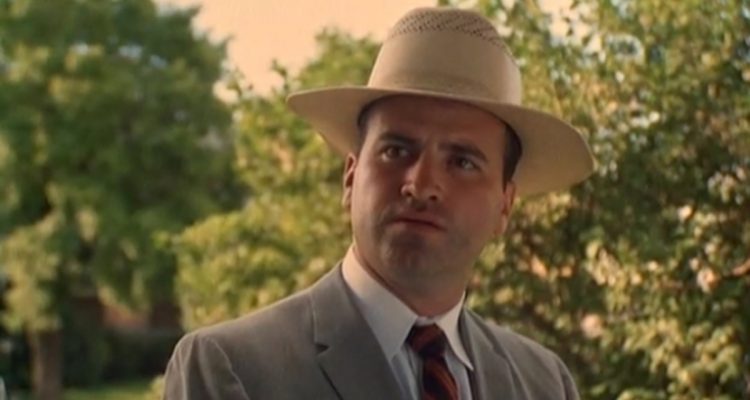
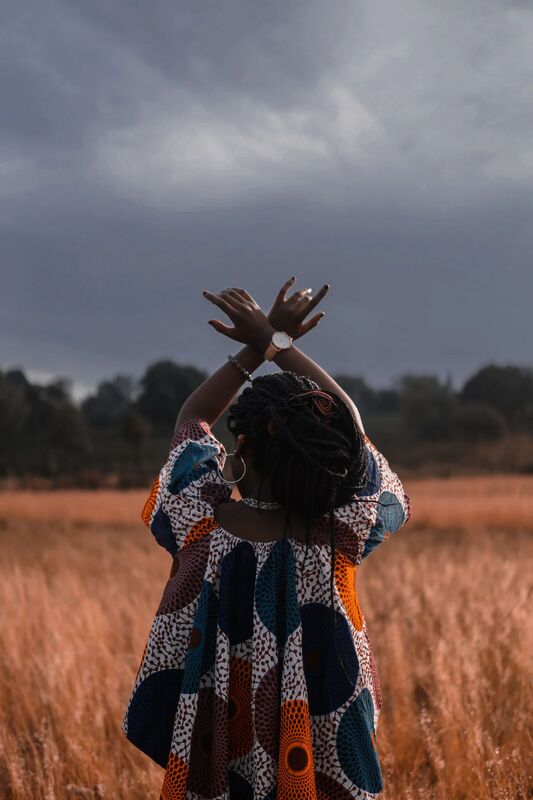
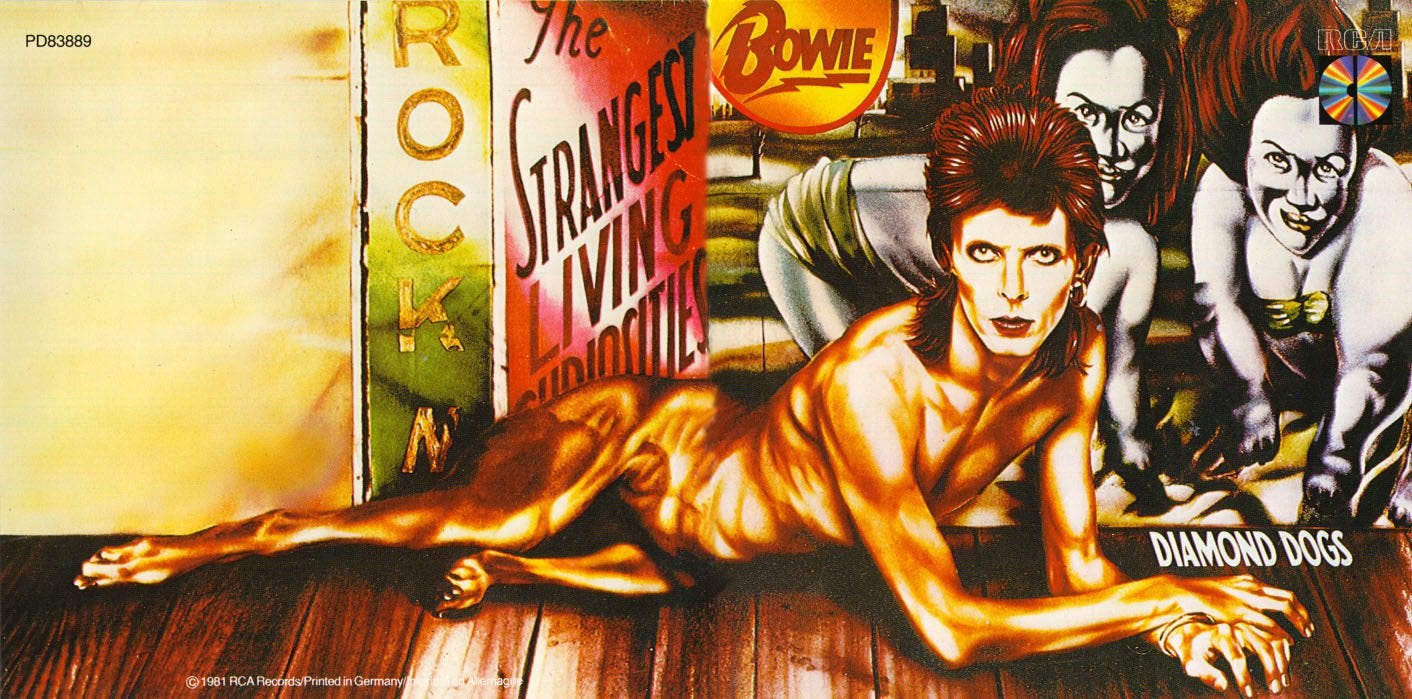
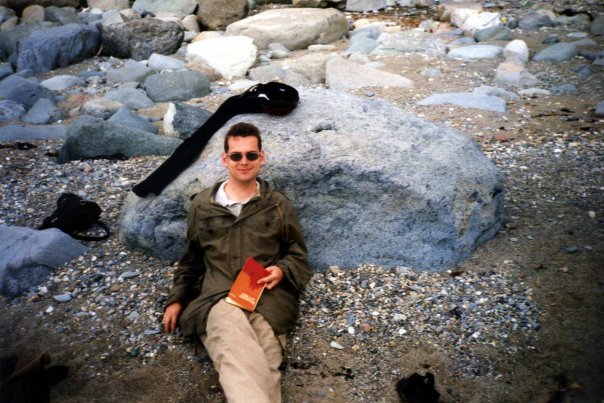
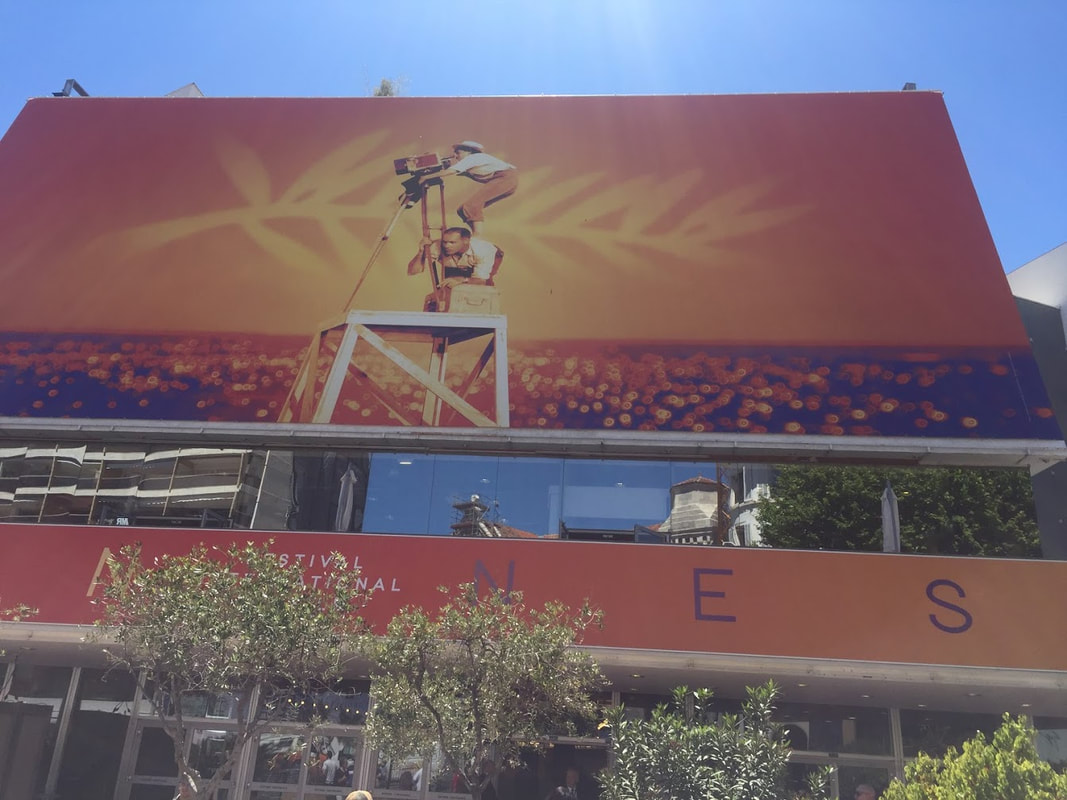
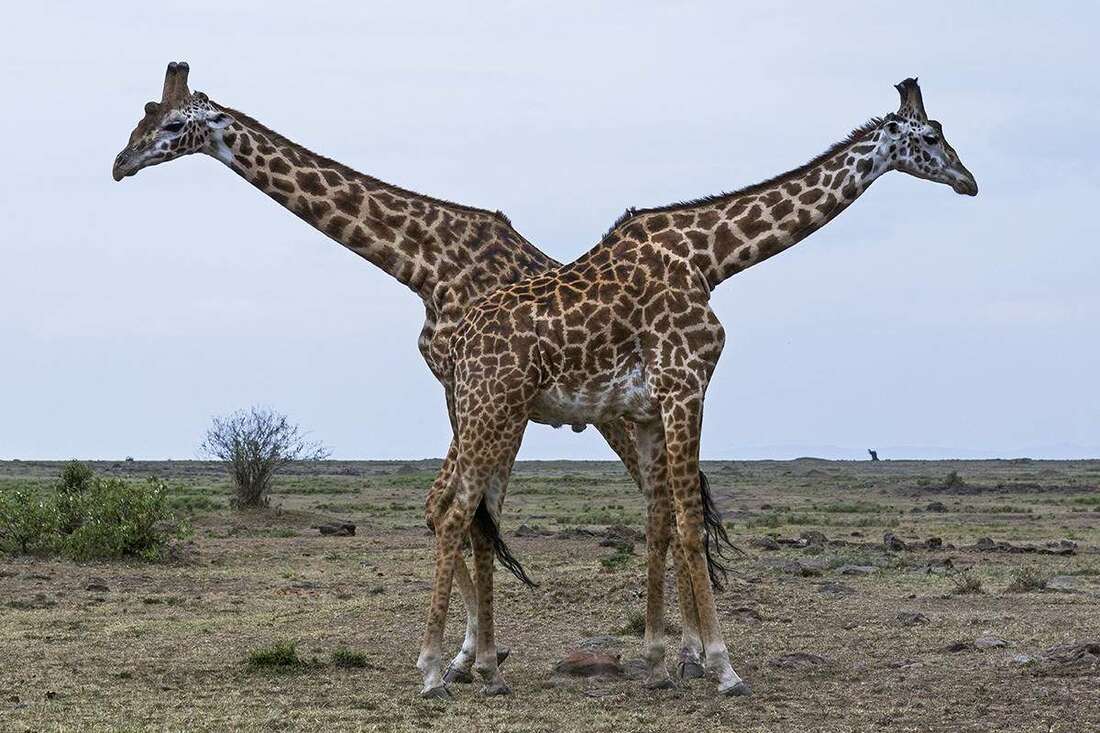
 RSS Feed
RSS Feed
